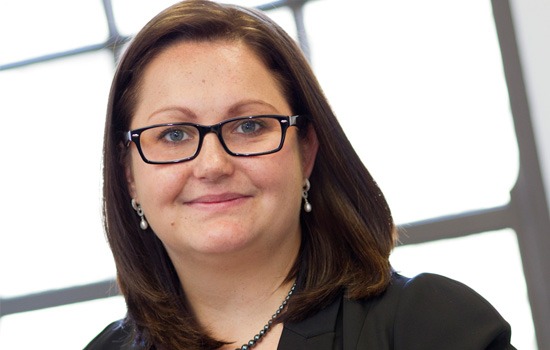
For older family members looking to downsize or needing a bit of extra help with daily activities, moving in with a child or other family member may seem attractive. As residential aged care becomes more scarce and expensive, families are looking at other care solutions. While there are many advantages to living with a family member, without the proper planning, these arrangements can cause great heartache for all involved.
What issues should I consider before moving in?
Moving in with a family member can result in major changes to your personal and financial circumstances.
Financial matters
You should seek financial advice before you move in so you understand how the proposed arrangement will affect your current or future entitlements to Centrelink benefits. Depending on how the arrangement is structured, you may or may not be treated as a homeowner for the purposes of a Centrelink assets and income test. In addition, if you make a financial contribution, for example to build a granny flat on your child’s property, then this could be deemed as a gift unless the financial contribution is classified as purchasing a life interest in your child’s property. You should also get advice on any tax implications for you or your child.
Family expectations
It is a good idea to discuss your decision with all family members to ensure that everyone is aware of their respective rights and obligations. Hurt feelings can arise if other children perceive that they are being treated unfairly or left out of the planning process. You should be clear about whether any financial contribution by you to a child’s property is a loan or a gift. Although it might seem trivial at first, you should be specific about what kind of care you expect to receive (e.g. meals and cleaning) and who is responsible for outgoings such as utility expenses or maintenance on the property. Proper planning and discussion will reduce the potential for misunderstandings.
Estate Planning
You should consider whether you need to update your Will in light of the proposed change to your circumstances. If you are making a financial contribution to your child, it is important to think about what will happen to those funds upon your death and ensure that there are no unexpected consequences for your estate planning. In most cases, proper structuring at the outset will avoid unexpected or undesirable outcomes down the track.
What can go wrong?
There are a number of reasons that a family care arrangement will come to an end. Sometimes the realities of living with family members may be different from expected and both parties recognise that they would be happier living separately. Often the situation becomes unworkable through no fault of the parties. Examples include:
* Divorce or insolvency of your child which may result in the property being sold;
* Death or illness of your child or their partner; or
* The need for you to access a higher level of care.
What can I do?
A properly documented family care agreement can deal with what happens in the event that the arrangement comes to an end, providing clarity and certainty in relation to the rights, obligations and consequences for all concerned. Agreement about all critical aspects of the proposed arrangements at the outset will avoid the potential for misunderstanding and heartache if this arrangement does not work out.
Where can I get help?
Taking the time to discuss your expectations with your family and seeking professional advice about your options will go a long way towards ensuring a happy arrangement that is workable for all family members.
Dobinson Davey Clifford Simpson, Family Law and Wills & Estates Specialists, can assist you and your family in discussing and formulating a family care agreement.
T 6212 7600 | [email protected] | www.ddcslawyers.com.au
